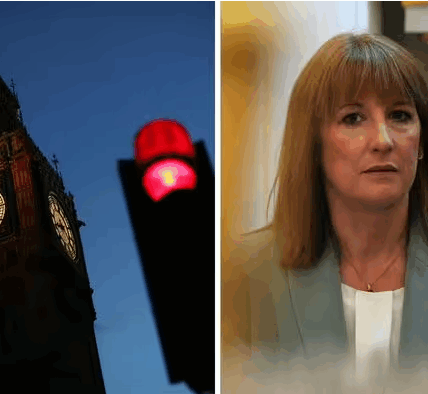State pensioners born in these years can get a handy £575 boost set to be confirmed this Wednesday.

State pensioners will be given a boost this Wednesday (Image: Getty)
It’s a handy financial boost that’s going to be confirmed for state pensioners this Wednesday.
The state pension is guaranteed to increase every year based on one of three metrics – inflation, wage growth or a flat 2.5%, and this is enshrined in law.
And this Wednesday, Chancellor Rachel Reeves is set to confirm a slate of spending and benefits plans for the coming financial year when the much anticipated/feared Autumn Budget 2025 is finally unveiled.
Following months of rampant speculation, this Wednesday we will finally learn how much various taxes are going up or down (down is not likely…), as well as how much various DWP benefits will be going up for the next financial year starting in April 2026.
Unless a radical and highly unlikely policy change is announced on Wednesday to change state pension rules for 2026 at short notice (which would also require Parliamentary process), the state pension is set to rise once again in line with the Triple Lock system.
Right now, the Triple Lock is set to lock in a £575 increase for new state pensioners from April 2026. That’s because the key average earnings figure has been confirmed at 4.8%, which is higher than inflation and of course higher than the 2.5% minimum floor for increases.
Therefore, state pensioners born on or after April 6, 1951 for men or April 6, 1953 for women are eligible to collect the new state pension when they reach state pension age, currently 66 though this is due to rise to 67 in the near future.
Older state pensioners, who hit state pension age before 2016, will also get the same 4.8% boost to their basic state pension, but the basic pension is set at a lower weekly amount, so the end result is a lower total increase. Older state pensioners will see their payments increase from £176.45 to approximately £184.92, while new state pensioners will see theirs rise from the current £230.25 to approximately £241.30 per week.
Crucially, both of these will still be below the £12,570 Personal Allowance threshold for income tax, though new state pensioners’ total annual income, at £12,548, is mighty close.
There has been no change to the tax rules for state pensioners, who have always been liable to pay tax even after collecting their state pension, but those who do not have any other income or savings in 2026 will not pay tax on their state pension income alone.
The final Budget announcements will be made this Wednesday.
